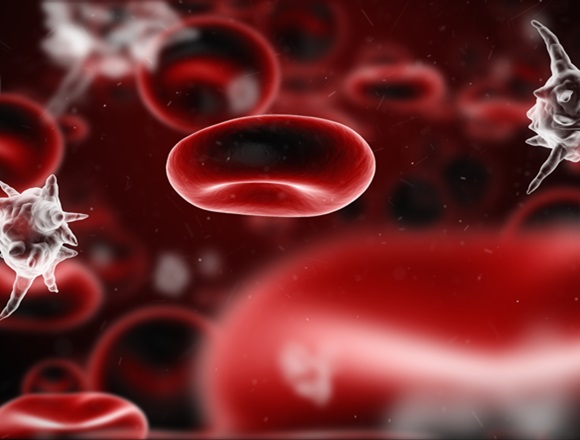References
Petersen SR, Bonnesen K, Grove EL, Pedersen L, Schmidt M. Bleeding risk using non-steroidal anti-inflammatory drugs with anticoagulants after venous thromboembolism: a nationwide Danish study. Eur Heart J. 2024 Nov 18:ehae736. doi: 10.1093/eurheartj/ehae736. Epub ahead of print. PMID: 39551938.Background: There is uncertainty about the safety of prescribing nonsteroidal anti-inflammatory drugs (NSAIDs) in patients who are receiving oral anticoagulant therapy.
Methods: This was a Danish population-based cohort study involving 51,794 patients with venous thromboembolism (VTE) who were starting oral anticoagulant therapy. The study was done between 1 January 2012 and 31 December 2022. Time-dependent multivariate cause-specific Cox regression was used to compute adjusted hazard ratios (HRs) between NSAID use and hospital-diagnosed bleeding episodes.
Results: Any bleeding occurred in 3.5 per 100 patient-years (95% CI, 3.4-3.7) during periods without NSAID use and 6.3 per 100 patient-years (95% CI, 5.1-7.9) during periods with NSAID use, with the number needed to harm (NNH) of 36 patients treated for 1 year. Compared with the nonuse of NSAIDs, the adjusted HRs for any bleeding associated with NSAID use were 2.09 (95% CI, 1.67-2.62) overall, 1.79 (95% CI, 1.36-2.36) for ibuprofen, 3.30 (95% CI, 1.82-5.97) for diclofenac, and 4.10 (95% CI, 2.13-7.91) for naproxen. The adjusted HRs associated with NSAID use were 2.24 (95% CI, 1.61-3.11) for gastrointestinal (GI) bleeding, 3.22 (95% CI, 1.69-6.14) for intracranial bleeding, 1.36 (95% CI, 0.67–2.77) for thoracic and respiratory tract bleeding, 1.57 (95% CI, 0.98–2.51) for urinary tract bleeding, and 2.99 (95% CI, 1.45–6.18) for anemia caused by bleeding. The results were consistent for vitamin K antagonists and direct oral anticoagulants (mainly apixaban and rivaroxaban).
Conclusions: Patients with VTE treated with oral anticoagulants had an >2-fold increased bleeding rate when using NSAIDs. This increased bleeding rate pertained to GI and intracranial bleeding.
McMaster editors’ commentary: The results from this study are not surprising since the NSAIDs studied (ibuprofen, diclofenac, naproxen) are nonselective COX-2 inhibitors that impair platelet function and have gastroerosive properties. In anticoagulated patients with fever, musculoskeletal pain, or an inflammatory condition, consider using a COX-2 selective NSAID or a non-NSAID, such as acetaminophen. If an NSAID is administered, it should be used on a short-term basis (<1 week). If longer-term NSAID use is needed, consider ibuprofen due to the apparent lower bleeding risk and co-administer a proton pump inhibitor to mitigate the risk for GI bleeding.
 English
English
 Español
Español
 українська
українська











